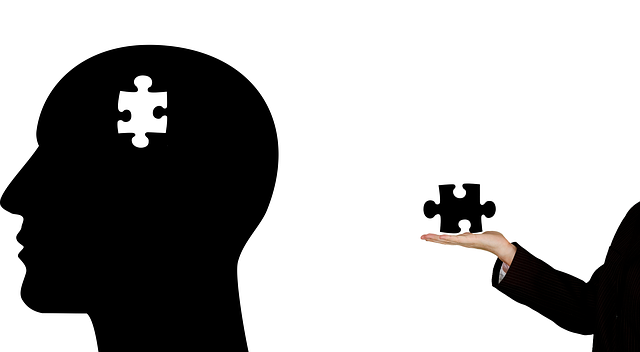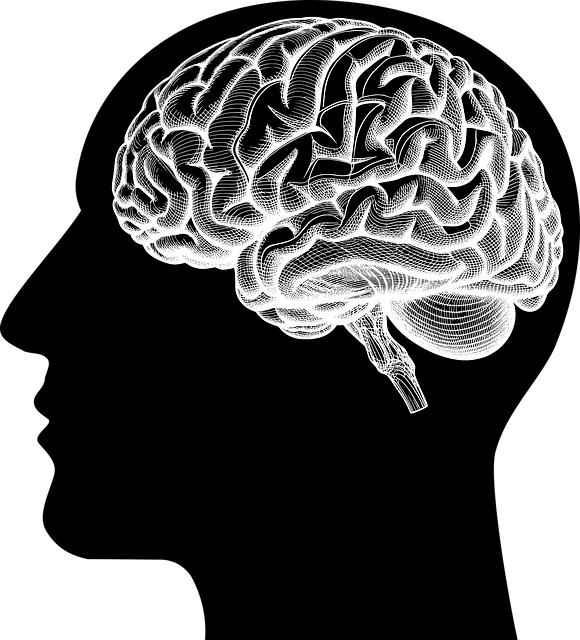Centennial Gender-Affirming Care Therapy (CGACT) offers a revolutionary approach to mental well-being, focusing on gender identity and expression. Combining self-care, emotional healing, and empathy-building techniques, CGACT creates a safe space for clients to explore emotions openly, fostering resilience and empowerment. The integrated holistic practices enable individuals to develop coping mechanisms that support self-love and understanding, laying the foundation for a fulfilling life. Resilience, Flexibility, and Mastery (RFM) exercises within CGACT empower clients to navigate challenges adaptably, enhance risk management, and improve overall mental health outcomes. These techniques promote flexibility in thinking, foster self-efficacy, and accelerate emotional healing, leading to greater ease and confidence in navigating life's challenges.
“Unleashing resilience is a cornerstone of Centennial Gender-Affirming Care Therapy, emphasizing a comprehensive approach to emotional well-being. This article delves into the transformative power of RFM (Resilience, Flexibility, and Mastery) exercises, exploring their integral role in building emotional fortitude. We guide you through effective strategies for implementing RFM in therapeutic settings, highlighting its profound benefits for personal growth. Furthermore, we offer practical tips to navigate challenges, ensuring a successful integration of these innovative practices within care therapy.”
- Understanding Centennial Gender-Affirming Care Therapy: A Comprehensive Approach
- The Role of RFM (Resilience, Flexibility, and Mastery) in Building Emotional Resilience
- Implementing RFM Exercises: Strategies for a Therapeutic Environment
- Benefits of RFM for Personal Growth and Wellbeing
- Overcoming Challenges: Tips for Successful Integration of RFM in Care Therapy
Understanding Centennial Gender-Affirming Care Therapy: A Comprehensive Approach

Centennial Gender-Affirming Care Therapy (CGACT) represents a pioneering approach to fostering resilience and overall well-being, particularly within the context of gender identity and expression. This therapeutic framework goes beyond traditional talk therapy by integrating self-care practices, emotional healing processes, and empathy building strategies tailored to individual needs. CGACT recognizes that every person’s journey is unique, so it offers a comprehensive toolkit to help individuals navigate their identities with confidence and support.
By embracing this holistic method, therapists facilitate a safe space where clients can explore their emotions openly. The practice encourages self-reflection, nurturing, and acceptance—essential components for emotional healing. Through CGACT, participants are empowered to develop coping mechanisms that strengthen their resilience, enabling them to thrive in an ever-changing world. This approach is not just about reaching a state of stability; it’s about cultivating a deep sense of self-love and understanding, which forms the foundation for a fulfilling life.
The Role of RFM (Resilience, Flexibility, and Mastery) in Building Emotional Resilience

Resilience, Flexibility, and Mastery (RFM) are key components in building emotional resilience, as recognized by Centennial Gender-Affirming Care Therapy. RFM focuses on empowering individuals to navigate challenging situations with adaptability and a sense of control, which is particularly crucial for mental health professionals in their daily practice. This approach goes beyond traditional coping skills development by fostering a deeper understanding of one’s emotional responses and providing strategies to manage them effectively.
By integrating these principles into their practice, mental health professionals can enhance their risk management planning and crisis intervention guidance. The RFM framework encourages individuals to cultivate flexibility in their thinking, allowing them to adapt to unforeseen circumstances with grace. This adaptability, combined with a sense of mastery over one’s emotional well-being, enables people to better cope with stress, anxiety, and potential traumatic events—essential aspects of the modern world that can significantly impact mental health.
Implementing RFM Exercises: Strategies for a Therapeutic Environment

Implementing RFM (Resilience, Flexibility, and Mastery) exercises within a therapeutic setting offers a powerful approach to fostering mental wellness and emotional healing processes. This strategy is particularly beneficial in Centennial Gender-Affirming Care Therapy, where creating a safe and supportive environment is paramount. By incorporating these exercises, therapists can guide individuals through experiences designed to enhance resilience building, allowing them to develop effective coping mechanisms and improve their overall well-being.
The RFM framework encourages clients to engage in activities that promote flexibility in thinking and behavior, fostering an adaptive mindset. Mastery experiences, where individuals set and achieve personal goals, boost self-efficacy. This holistic approach not only accelerates the emotional healing processes but also empowers individuals to navigate life’s challenges with greater ease and confidence.
Benefits of RFM for Personal Growth and Wellbeing

The implementation of RFM (Resilience, Flexibility, and Mindfulness) exercises offers a powerful pathway to personal growth and enhanced wellbeing. This holistic approach to mental health incorporates practices that foster resilience, enabling individuals to navigate life’s challenges with greater ease. By engaging in RFM, folks can develop an inner strength that promotes Depression Prevention, as they learn to respond rather than react to stressful situations. The exercises encourage a deeper connection with one’s thoughts and emotions, fostering Mental Health Awareness and promoting the practice of Mindfulness Meditation. This, in turn, enhances overall mental clarity and emotional regulation.
Centennial Gender-Affirming Care Therapy recognizes the profound impact of these exercises on personal transformation. RFM provides individuals with tools to cultivate a more flexible mindset, allowing them to adapt to life’s twists and turns with grace and resilience. Through regular practice, one can create a sense of inner peace and balance, reducing the intensity of emotional reactions and fostering a positive outlook. By integrating these techniques into daily routines, people can lead happier, healthier lives, ensuring their mental well-being is prioritized and sustained over time.
Overcoming Challenges: Tips for Successful Integration of RFM in Care Therapy

Implementing RFM (Resilience-Focusing Mindfulness) techniques within Centennial Gender-Affirming Care Therapy can be a powerful tool for clients seeking to enhance their mental wellness. Overcoming challenges in this integration requires a nuanced approach, especially when tailoring these practices to diverse client needs. One key strategy is offering Mental Wellness Journaling Exercise Guidance. Encouraging clients to reflect on their experiences through journaling allows them to process emotions and identify resilience-building opportunities. This self-inquiry can be particularly beneficial during difficult periods, fostering an environment where individuals can explore their thoughts and feelings in a safe space.
Additionally, providing Crisis Intervention Guidance is essential for managing intense situations. RFM techniques like mindfulness meditation can help clients cultivate present-moment awareness, enabling them to respond rather than react during crises. By integrating these practices into care routines, therapists support clients in developing effective coping strategies and building resilience over time. Such approaches not only enhance overall mental wellness but also empower individuals to navigate challenges with greater equanimity and self-compassion.
Centennial Gender-Affirming Care Therapy offers a transformative approach to emotional well-being, and integrating RFM (Resilience, Flexibility, and Mastery) exercises is a powerful strategy within this framework. By focusing on these key aspects, therapists can empower individuals to navigate life’s challenges with enhanced resilience. The benefits extend far beyond therapy sessions, promoting personal growth and overall wellbeing. While implementing RFM may present challenges, the strategies outlined in this article provide a solid foundation for successful integration into care therapy practices, ensuring individuals receive comprehensive support on their journey towards emotional maturity and self-discovery.














